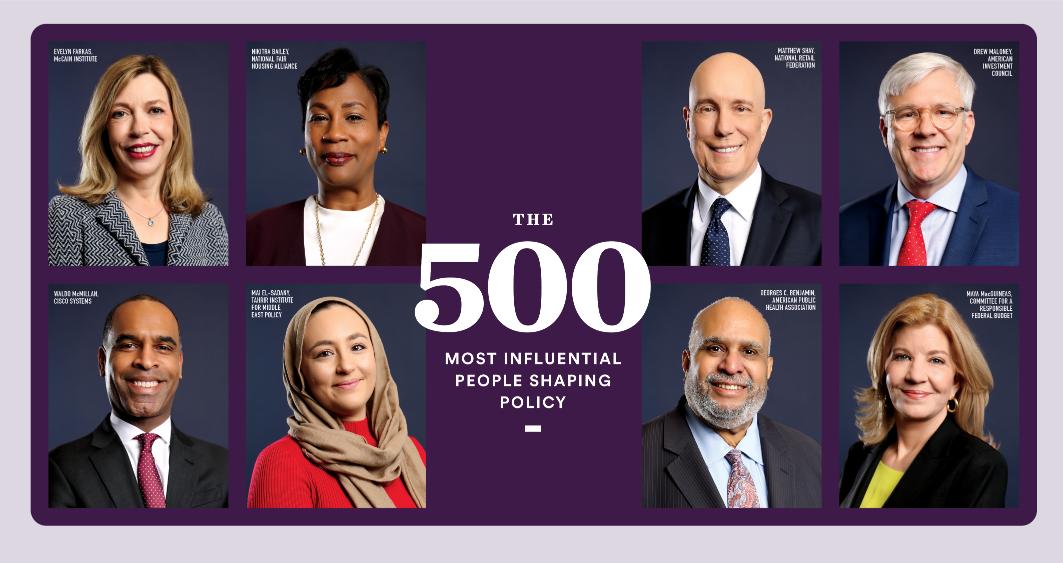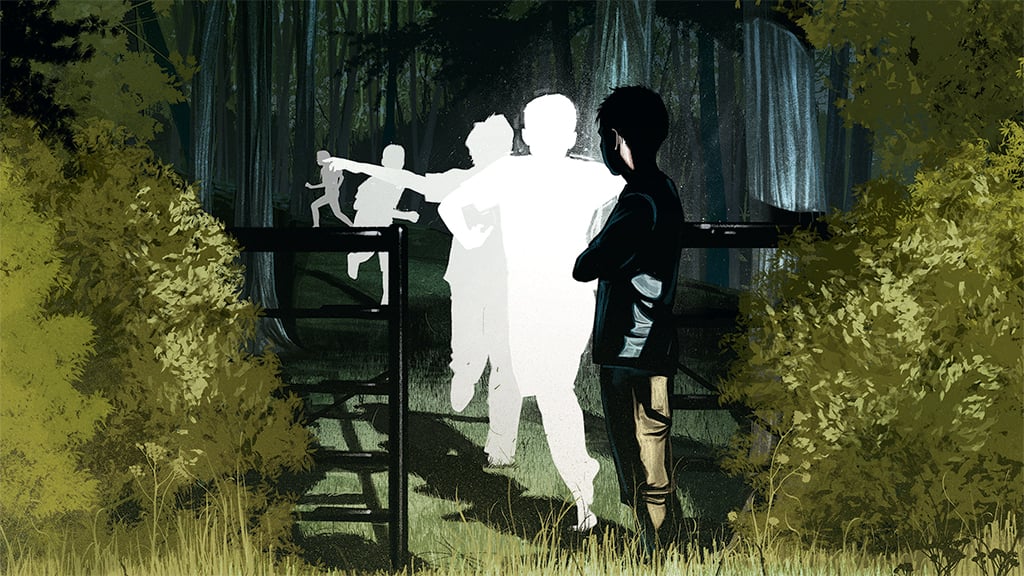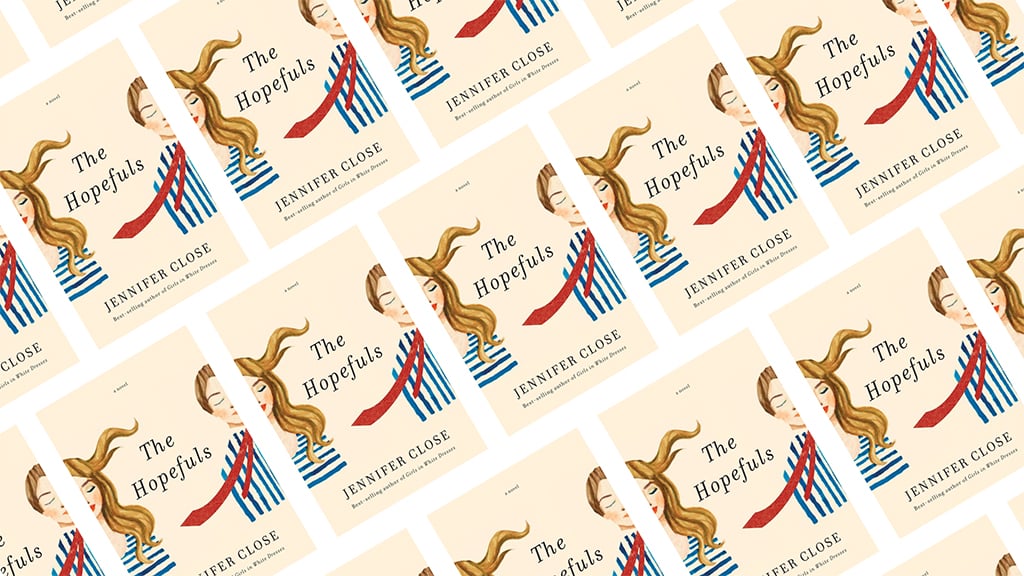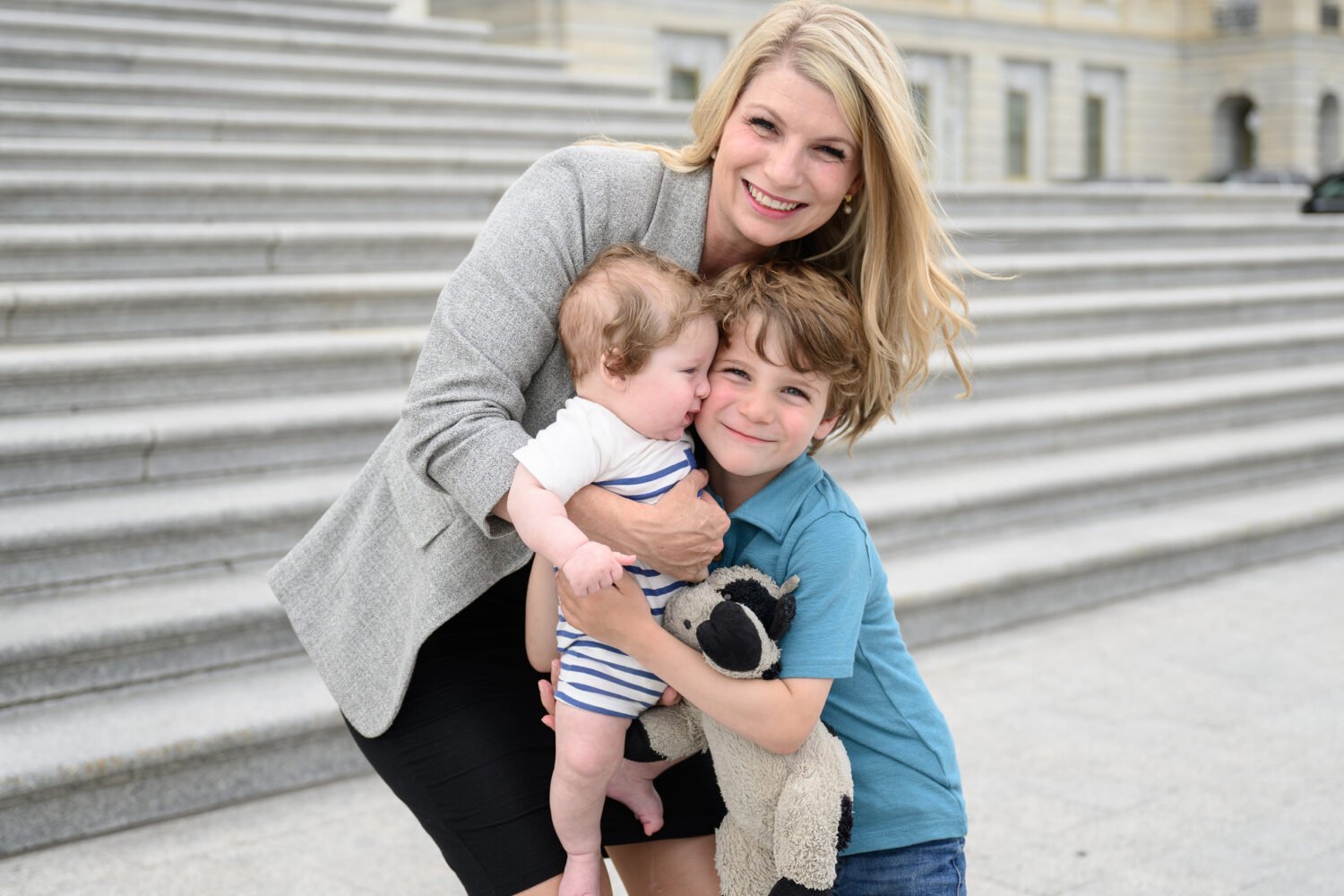Reviewed by Bethonie Butler
In her new book, Laura Sessions Stepp aims to decode the ambiguous practice of “hooking up”—not an easy task, even for a Pulitzer Prize–winning journalist who covers family and children for the Washington Post.
Unhooked—which follows Stepp’s well-received Our Last Best Shot: Guiding Our Children Through Early Adolescence—strives to define a term that many of the young women in its pages are unable to define themselves. Hooking up can mean making out, having various forms of sex, or anything in between. For Stepp, it’s a lot easier to define what isn’t there: a connection.
The nine young women Stepp spent a year following are of varied ethnicities—white, black, Middle Eastern, and Asian—ages 16 through 21. (When it came to interviewing college students, Stepp split her time between George Washington University and Duke University.) Some are wealthier than others, though all are “moderately well-off.” Their parents range from couples who say “I love you”—or in many cases, never do—to divorced.
All of the women share a hunger for success and an investment in the future that lead them to pile on Advanced Placement courses or extracurricular activities. The ambition and control they thrive on in the classroom or on the athletic field transfer to the bedroom. The result is little time for relationships or the serious thought that Stepp feels should accompany the decision to have a sexual relationship.
At times I wondered whether the girls and women Stepp interviewed were extreme examples as opposed to the norm: One high-school student tells Stepp (in front of Mom) that “first you give a guy head . . . and then you decide if you like him and if he likes you”; another says she lost her virginity at 14 “to see how it would feel.” But overall, I could relate to all of them at least a little. In an age when a “girls gone wild” attitude yields Oprah segments and Newsweek covers, it’s refreshing that Stepp doesn’t present her findings in a “do you know where your kids are?” way.
For the most part, Stepp avoids the pitfalls that can discredit books of this genre; adults writing about teenagers risk appearing judgmental, insensitive, or just plain wrong. You may not always agree with Stepp, but you’ll sense that she’s on to something. Her research is telling, her questions and commentary compassionate, the answers she elicits brutally honest.
After a difficult breakup, one young woman tells Stepp: “I have never faced a situation where I didn’t know what to do to arrive at a solution. Even when I was hooking up before, part of me knew it was the wrong thing to do.” Stepp writes: “The control she had thought she possessed in her relationship with [her former boyfriend] was gone; she realized that he was defining what she did and how she felt.”
In addition to describing scantily clad coeds who “count up” the number of guys they’ve slept with—some reaching into the double digits—or brush off the idea of waking up next to a stranger, Stepp shows what happens when young women fail at trying to steer clear of anything beyond the casual: They become emotionally involved anyway.
Many of these girls and women admit—some more directly than others—to being scared of falling in love. But the threat of developing more-than-friendly feelings for sexual partners—“the yucks,” as one subject puts it—pales in comparison with the other dangers random hookups can pose—depression, sexually transmitted diseases, and sexual assault.
Stepp could have made her subjects appear broken after they’ve failed in love or lust, but she doesn’t. Some end up hurt—even to the point of depression or a return of the cynicism that got them hooking up in the first place—but most are able to reflect on their feelings. Indeed, there’s a great deal of growth among her subjects. “Sex isn’t good unless it means something,” a self-proclaimed feminist writes to Stepp. “It doesn’t necessarily need to mean ‘love’ and it doesn’t necessarily need to happen in a relationship, but it does need to mean intimacy and connection. . . . There exists a very fine line between being sexually liberated and being sexually used.”
Unhooked is an excellent resource for young women struggling to take control of their relationships and for family members and teachers who wish to guide them. As one young woman puts it, “Silence perpetuates stigmas, and stigmas prevent understanding.”
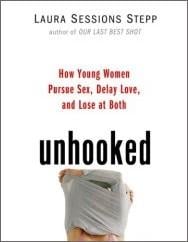
Author:
Laura Sessions Stepp
Publisher:
Riverhead
Price:
$24.95
Rating:
3.5 Stars





